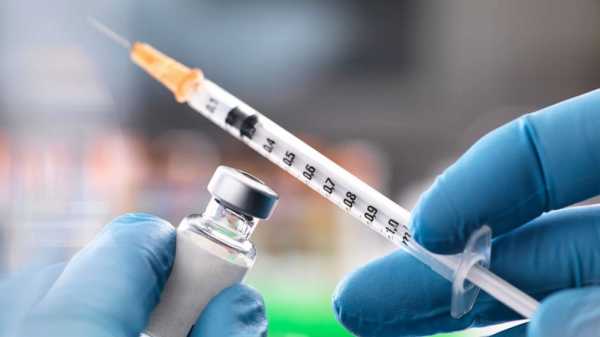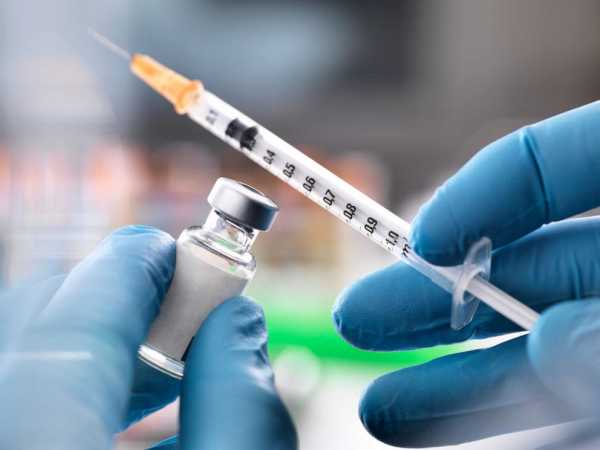
The AAP’s initial statement came amidst concerning data from the WHO and CDC regarding the spread of vaccine-preventable diseases.
(MORE: Vaccine hesitancy, climate change, Ebola among top 10 ‘threats to global health’ this year, WHO says)
The WHO lists vaccine hesitancy as one of the top 10 threats to global health for 2019, and recently stripped several European countries of their “measles-free” status. Updated CDC estimates show a three-fold increase in new cases of measles diagnosed in 2019, compared to 2018. More measles cases have been diagnosed in 2019 than any year in the last decade.
This rise is despite a “very safe and effective” measles, mumps and rubella vaccine, per the CDC. “Two doses of MMR vaccine are about 97% effective at preventing measles; one dose is about 93% effective.”
While more than 98% of U.S. children are vaccinated, pockets of unvaccinated children are increasingly susceptible to vaccine preventable diseases and put the rest of the community in danger, too.
“Lots of parents just have questions” about vaccine safety,” said Dr. Marsha Spitzer, the immediate past president of the American Academy of Pediatrics, California Chapter 3, in an interview with ABC News. “A lot of them tend to be first-time parents or parents of younger children.”

STOCK PHOTO/Getty Images
A medical professional prepares a shot.
However, anti-vaccine propaganda on social media preys on the concerns of well-meaning parents.
“Pediatricians are working in our clinics and our communities, talking with families one-on-one about how important vaccines are to protect their children’s health. But it’s no longer enough,” said AAP President Dr. Kyle Yasuda in his letter to social media companies. In a statement Wednesday, the CDC said, “We know that parents often turn to social media to access health information and connect with other parents, and it can be difficult to determine what is accurate and who the credible sources of information are.”
(MORE: Confidence in vaccines low in some major European countries amid measles outbreaks)
The CDC and the WHO both praised Facebook in statements released Wednesday.
“Combatting vaccine myths and misinformation is a shared responsibility and we applaud these efforts,” the CDC said.
“[The WHO] welcomes today’s firm commitment by Facebook to ensure that users find facts about vaccines across Instagram, Facebook Search, Groups, Pages and forums where people seek out information and advice,” the WHO said.
“Major digital organizations have a responsibility to their users — to ensure that they can access facts about vaccines and health. It would be great to see social and search platforms come together to leverage their combined reach” WHO continued, adding the hashtag #healthforall.
Sourse: abcnews.go.com






